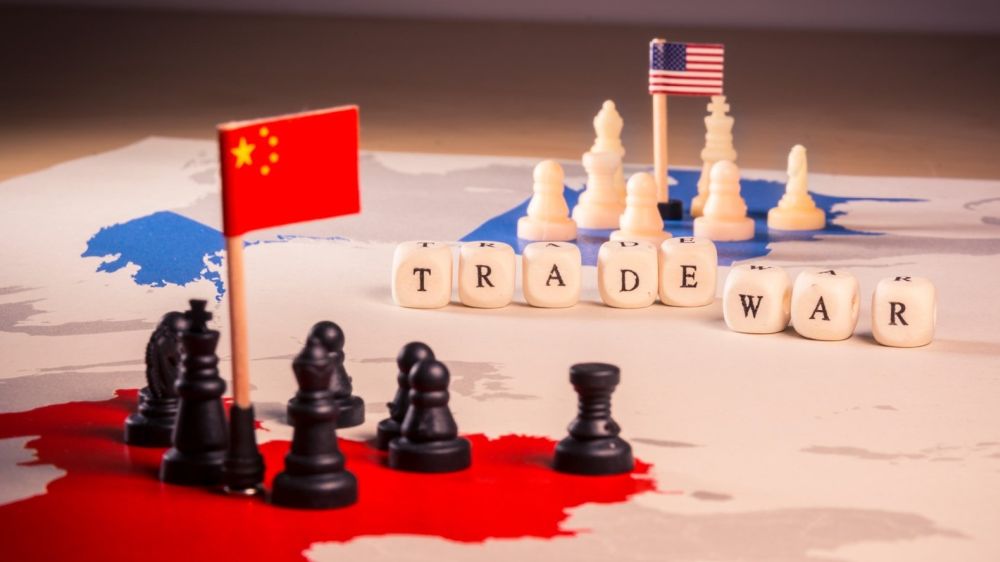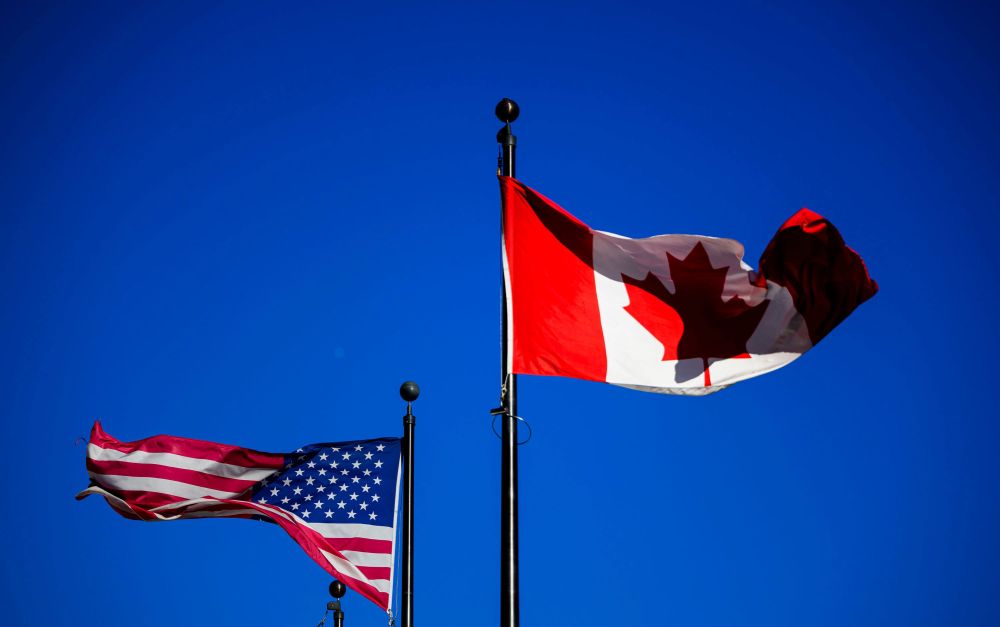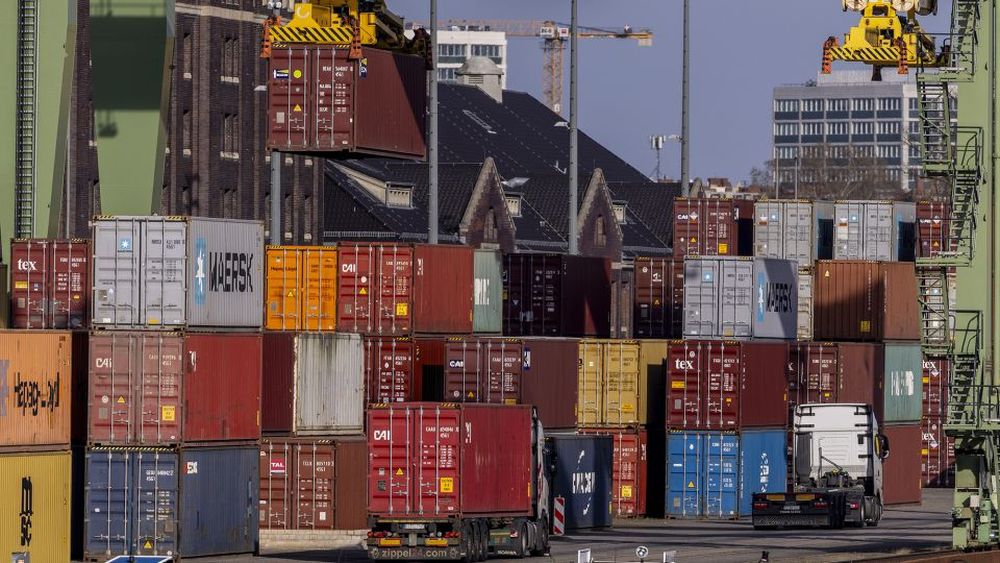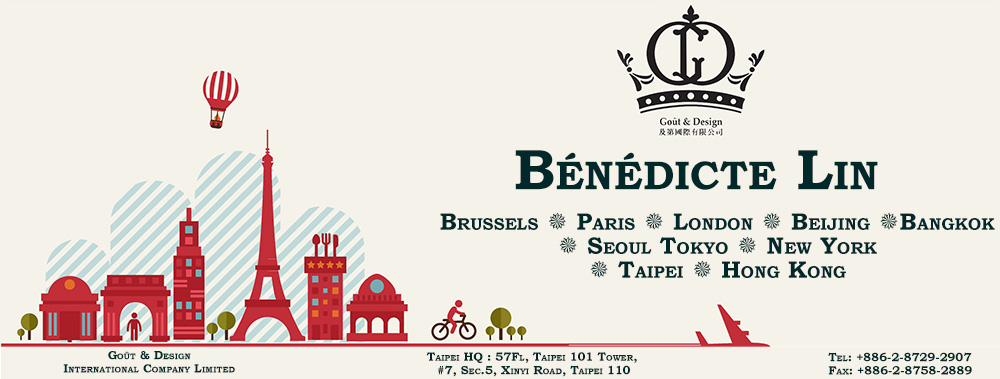The desire for genuine freedom of brand choice, unburdened by excessive state fees, often clashes with the reality of international trade disputes. When a consumer laments “paying zillions to the state,” they are indirectly critiquing mechanisms like tariffs, which inflate the price of goods and limit accessibility. While the intention behind tariffs may be to protect domestic industries or address perceived unfair trade, the actual mechanism frequently devolves into a counterproductive economic battle. This system of taxes on imported goods often makes diverse, quality brands unnecessarily expensive for the average person.

Economists frequently characterize reciprocal tariff hikes as a “tit-for-tat” escalation, a description that captures the inherently retaliatory and ultimately self-defeating nature of the process. In trade wars, the initial protective measure by one nation prompts a proportionate, and sometimes disproportionate, punitive response from the other. This dynamic is a textbook example of a breakdown in international cooperation where the seemingly rational move by each side—retaliation—leads to a mutually worse outcome, slowing global commerce and increasing consumer costs in both countries.

The direct fallout from this cycle is felt most acutely by consumers and exporters. Tariffs operate as hidden consumption taxes, paid not by the foreign producer but by the importing country’s businesses and customers. Furthermore, the retaliatory tariffs levied by the second nation immediately hobble the first nation’s exporters, making their goods prohibitively expensive abroad. This financial burden restricts the “freedom of brand choice” that many desire, as a wider array of affordable products becomes a luxury constrained by government policy.

Ultimately, while protectionism aims to safeguard specific sectors, the ensuing trade war merely exchanges one economic problem for several others, disrupting supply chains, creating uncertainty, and diminishing overall global welfare. The entire structure of escalating import taxes proves to be an inefficient and costly way to manage trade relationships. For consumers hoping to access a diverse market without punitive state intervention, tariffs represent a fundamental obstacle to realizing that affordable brand freedom.

#economy #tariffs #tradewars #consumerchoice #globaltrade
